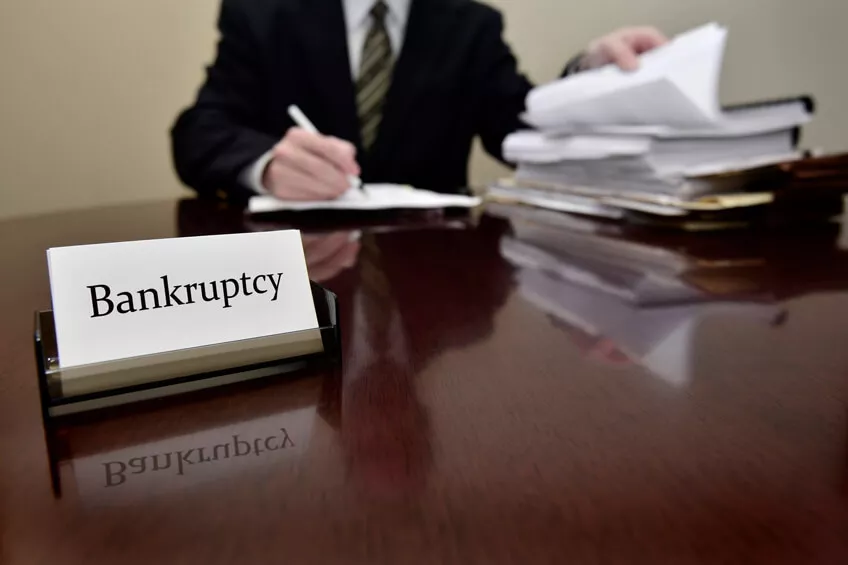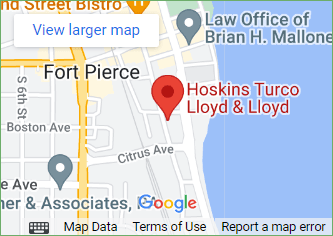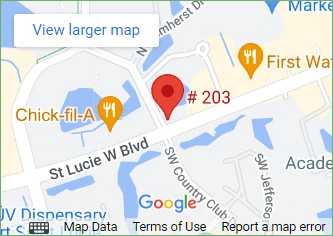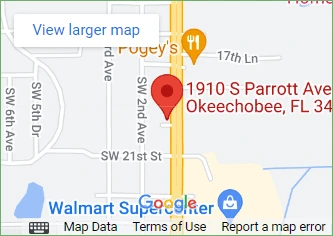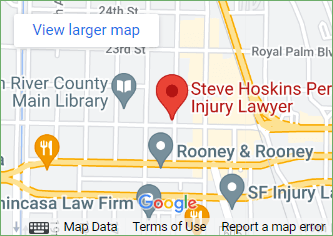Auto Accident Settlement
How long does it take for a Chapter 13 bankruptcy to be discharged?
If you are dealing with significant debt and are looking to file bankruptcy, filing under Chapter 13 could be the right decision for you.
Chapter 13 bankruptcy allows debtors to repay their debts over a set amount of time. The application process, repayment plan, and discharge schedule may feel overwhelming at first for someone looking to improve their financial health, so it may help to have a timeline in mind.
While the repayment process typically takes a number of years, it only takes a matter of weeks for a Chapter 13 bankruptcy to be discharged once the payment plan has been completed to the satisfaction of the court. To learn more, contact a Florida Chapter 13 bankruptcy lawyer who can help.
Chapter 13 Bankruptcy Repayment Plan
In Chapter 13 bankruptcy, the debtor proposes a repayment plan to manage a portion of their debts over three to five years. The remaining debts are typically discharged at the end of the repayment plan. Monthly payment amounts vary greatly, as one of the factors they are based on is disposable income.
Whether you go with a 36-month or 60-month repayment plan depends on your average income the six months prior to your bankruptcy filing. If it is above your state’s median income, you will most likely go on a three-year plan. If it is under, a five-year plan is more likely. Your lawyer will advise you on the plan length you should propose based on your financial situation.
Note that Chapter 13 bankruptcy and other forms of bankruptcy primarily involve unsecured debt, like credit card debt. If you wish to retain assets like home, car, or other secured debts, you will need to make your required monthly payments to the respective lender. In some instances, those payments may be rolled into your repayment plan. Once repayment is done chapter 13 bankruptcy can remove remaining debt as well.
Dischargeable Debts in a Chapter 13 Bankruptcy Filing
Chapter 13 bankruptcy allows for numerous types of debts to be discharged after a repayment plan is complete. Some of the most common examples include:
- Breach of contract. If you breached a contract and have a judgment against you, you may be able to discharge the related debt through Chapter 13.
- Certain personal loans. Unsecured loans, also known as uncollateralized loans, like payday loans, are dischargeable.
- Credit card debt. Credit card debt is one of the most common types of debt included in Chapter 13 bankruptcy. Most credit card debt is both unsecured and nonpriority, meaning it can be discharged upon completing your repayment plan.
- Medical bills. Medical debt accumulated as a result of inadequate health insurance can be discharged through Chapter 13. That includes hospital bills, doctor’s bills, medication and device debts, etc.
- Property damage. If you have debts from intentional and malicious damage to someone else’s property, you may be able to include them in your Chapter 13 discharge. Note that damages related to the willful injury of another person are not dischargeable.
- Some tax obligations. While the majority of tax obligations are not dischargeable, some older tax obligations, like outstanding income tax balances, might be discharged after you complete your payment plan.
Depending on your debts, other debts may be dischargeable after you finish paying your Chapter 13 repayment plan. Your attorney can advise you on your options and ensure you have the best chance at a healthier financial future.
What Debts Cannot Be Discharged in Chapter 13?
While filing Chapter 13 bankruptcy can help you manage many of your debts, some types of debts are not dischargeable. Examples include the following:
- Alimony
- Child support
- Educational loans
- Home mortgage
- Restitution debts
- Most tax debt
If you are uncertain as to whether your debts will qualify for Chapter 13 bankruptcy, an attorney from our law firm can help. Schedule a consultation today to learn more about your rights and options when it comes to debt repayment and management.
Discharging Remaining Chapter 13 Bankruptcy Debts
If you have made it through your repayment plan successfully after filing Chapter 13 bankruptcy, you can look to have the remaining applicable debts discharged. While the process can seem straightforward, you need to ensure all of your paperwork is in order for the process to go as expected.
The Chapter 13 Discharge Process
Once you have completed your repayment plan, the discharge process begins immediately. The entire process typically takes six to eight weeks, assuming there are no paperwork delays. To make sure your debts are discharged as smoothly as possible, you will need to do the following:
- Ensure all domestic support obligations have been paid
- Prove you have not received a Chapter 13 bankruptcy discharge for at least two years
- Complete a financial management course
When you work with a bankruptcy attorney, they will ensure you have all the necessary paperwork submitted on time to ensure remaining applicable debts are discharged in a timely fashion.
Chapter 13 Hardship Discharge
In the event a situation arises over the course of your repayment plan that prevents you from following through with the entire term, you may have the option to request a hardship discharge. Per 11 U.S.C. § 1328(b), a hardship is only permissible if the circumstances preventing payment are beyond your control and not your fault. Hardship is also allowed if your creditors have received at least what they would have been paid had you filed Chapter 7 bankruptcy.
Contact a Florida Bankruptcy Lawyer
Is Chapter 13 bankruptcy right for you? That answer ultimately comes down to your financial situation, the types and amount of debt you have, and whether or not you qualify for a repayment plan.
When you work with a lawyer to file Chapter 13 bankruptcy, they will help you prepare all of the required paperwork. That may include a list of creditors, what you owe, income information, a list of assets, your most recent tax return, information on your living expenses, and more.
If you are ready to manage your debts and work toward an improved financial future, a Florida bankruptcy attorney from Hoskins, Turco, Lloyd & Lloyd can help. We are prepared to evaluate your financial situation and advise you on how best to proceed–whether that means filing Chapter 13 bankruptcy or going in a different direction. Call 866-460-1990 or contact us online today to learn more.
Verdicts and Settlements
$1.2 Million
$1.6 Million
Wrongful Death Settlement
$11.1 Million
Settlement for motorcycle accident
Locations
Ft. Pierce, FL 34950
Suite 203, Port St. Lucie, FL 34986
Okeechobee, FL 34974
Vero Beach, FL 32960
The hiring of a lawyer is an important decision that should not be based solely upon advertisements. Before you decide, ask us to send you free written information about our qualifications and experience.
We are a debt relief agency and attorneys. We help people file for Bankruptcy relief under the Bankruptcy Code. The hiring of a lawyer is an important decision that should not be based solely upon advertisements. Before you decide, ask us to send you free information about our qualifications and experience.
Hoskins, Turco, Lloyd & Lloyd © 2020 All Rights Reserved. Terms of Use and Privacy Policy
This site is protected by reCAPTCHA and the Google Privacy Policy and Terms of Service apply.
